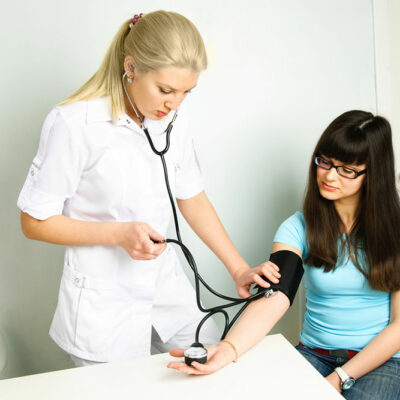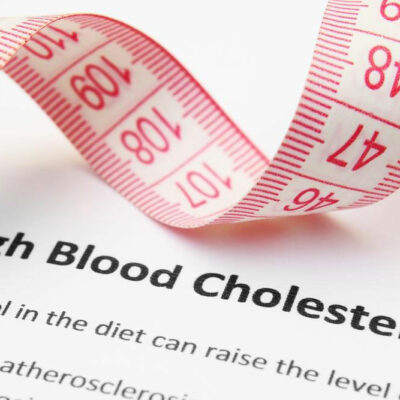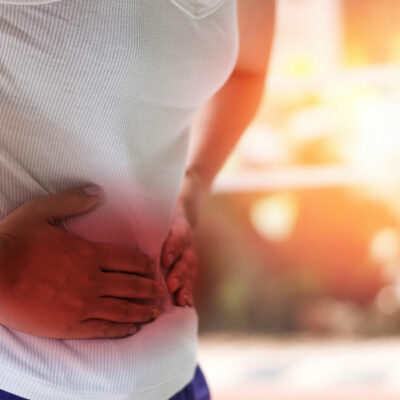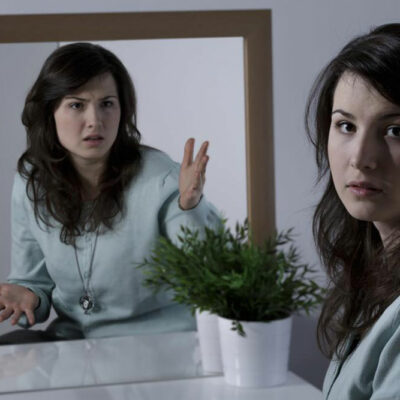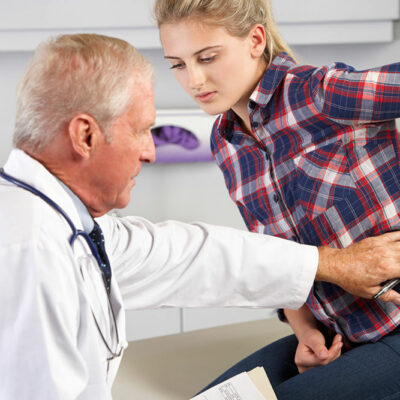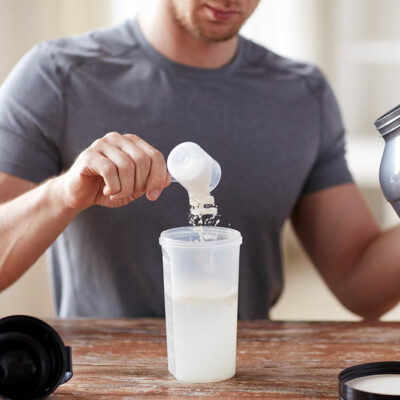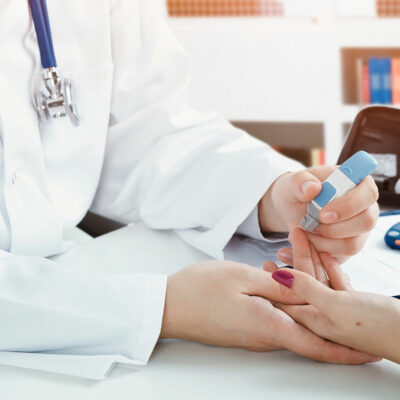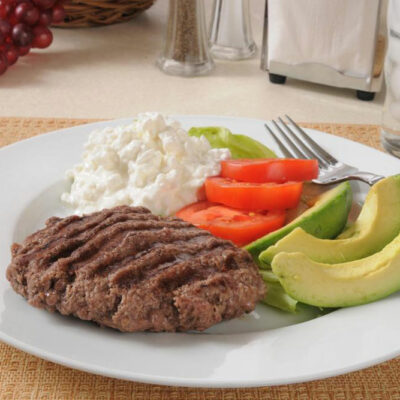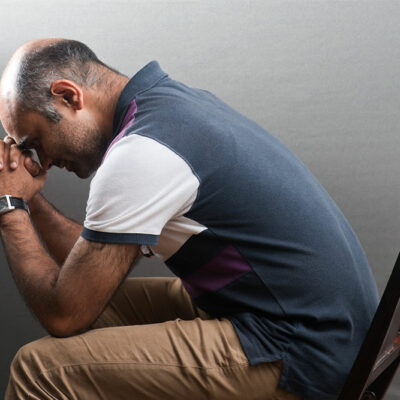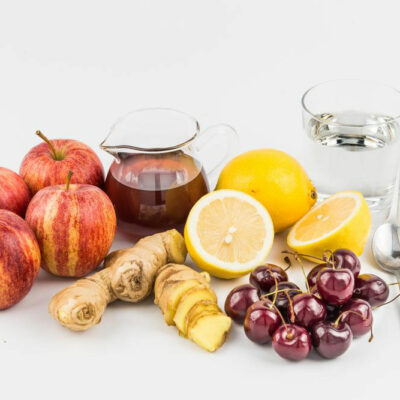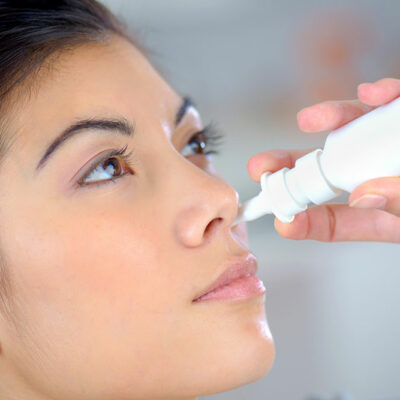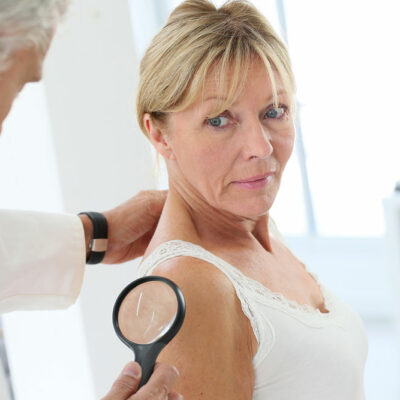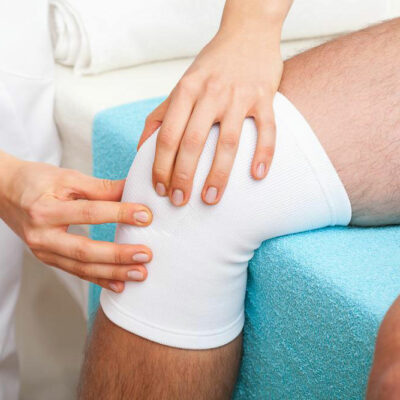
Causes & Risk Factors
Types, Causes, and Treatment of Joint Pain
The other name of joint pain or inflammation is known as arthritis, which can affect one or more joints present in our body. Presently there are almost 200 different types of joint pain or arthritis, but among them, the most common types are as follows: Inflammatory arthritis Degenerative or mechanical arthritis Soft tissue musculoskeletal pain Back pain Connective tissue disease Infectious arthritis Metabolic arthritis Though the symptoms of arthritis develop over a long time, they can also appear suddenly out of nowhere. It is most common in adults over the age of 65 years, but sometimes it can also develop in children, teens or younger adults. Moreover, arthritis is more common in women than in men. Also, people suffering from obesity or other conditions related to being overweight have greater tendencies to develop arthritis. Arthritis or joint pain causes Though there are no single joint pain causes of all types of arthritis. These may vary according to the type or form of arthritis. Possible causes of joint pain may include the following factors: Injury, leading to degenerative arthritis Abnormal metabolism leading to gout and pseudogout Inheritance such as osteoarthritis Infections Immune system dysfunction Some forms of arthritis or joint pain causes are due to the reduction in the cartilage tissues amount.

